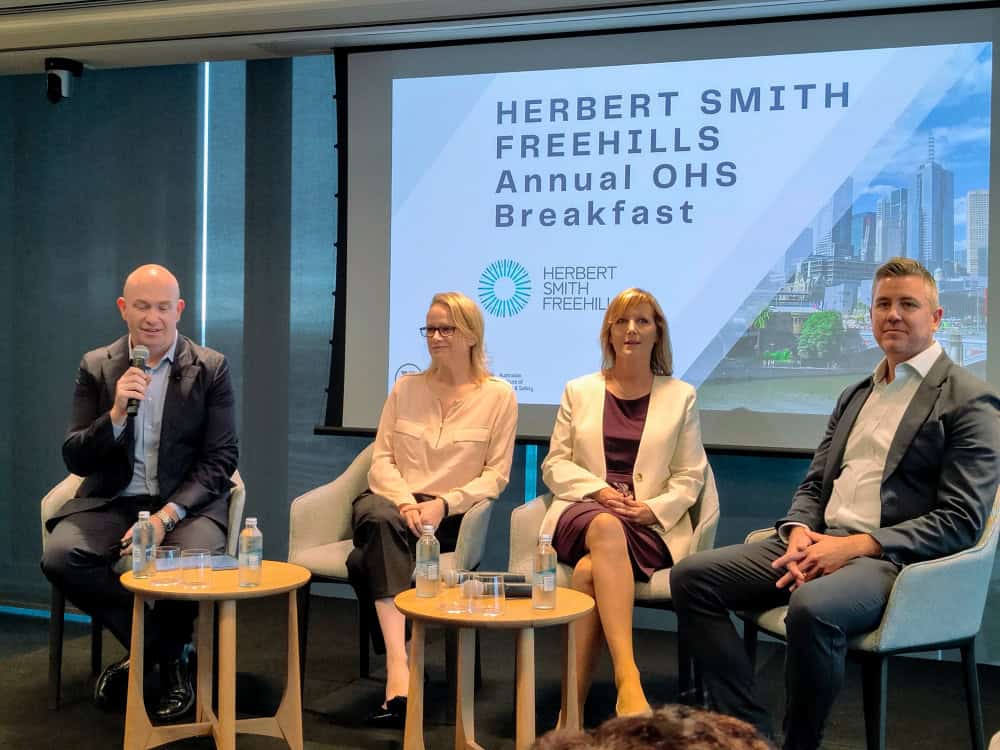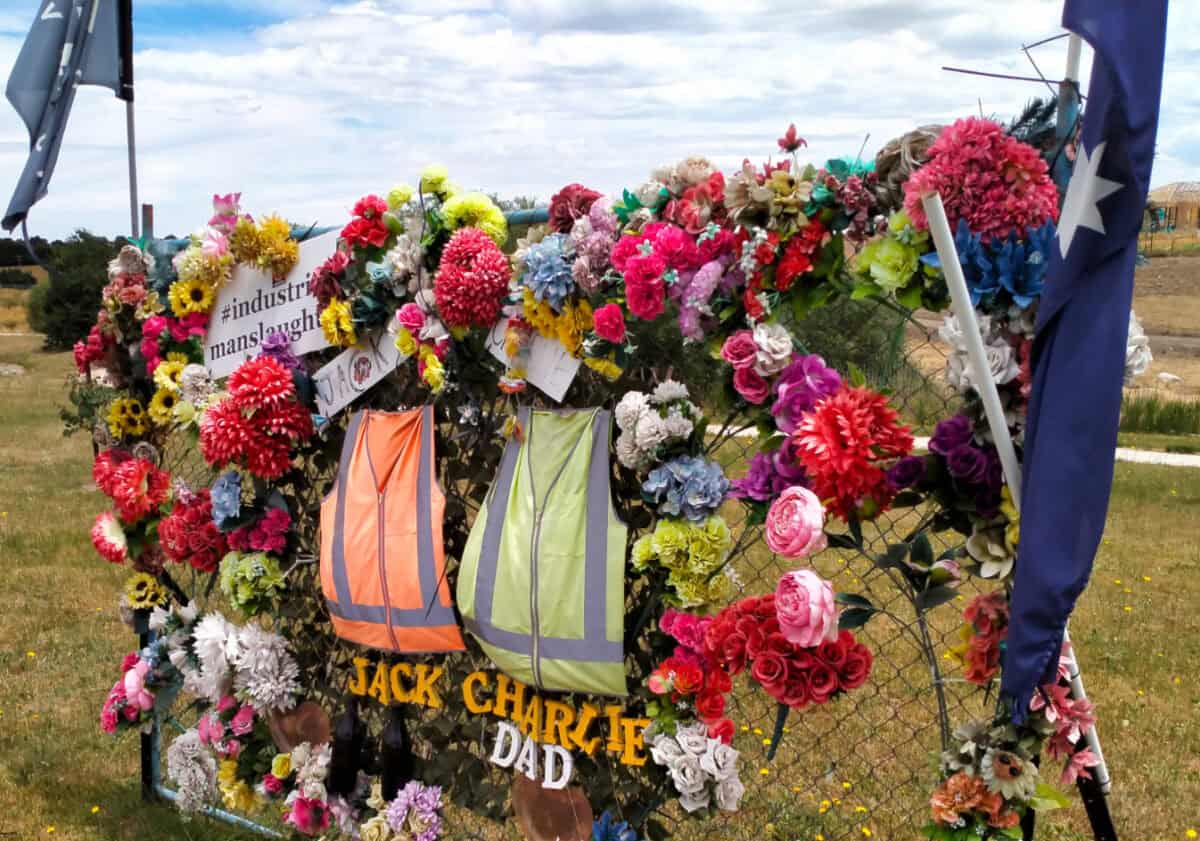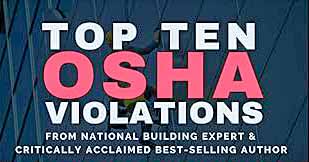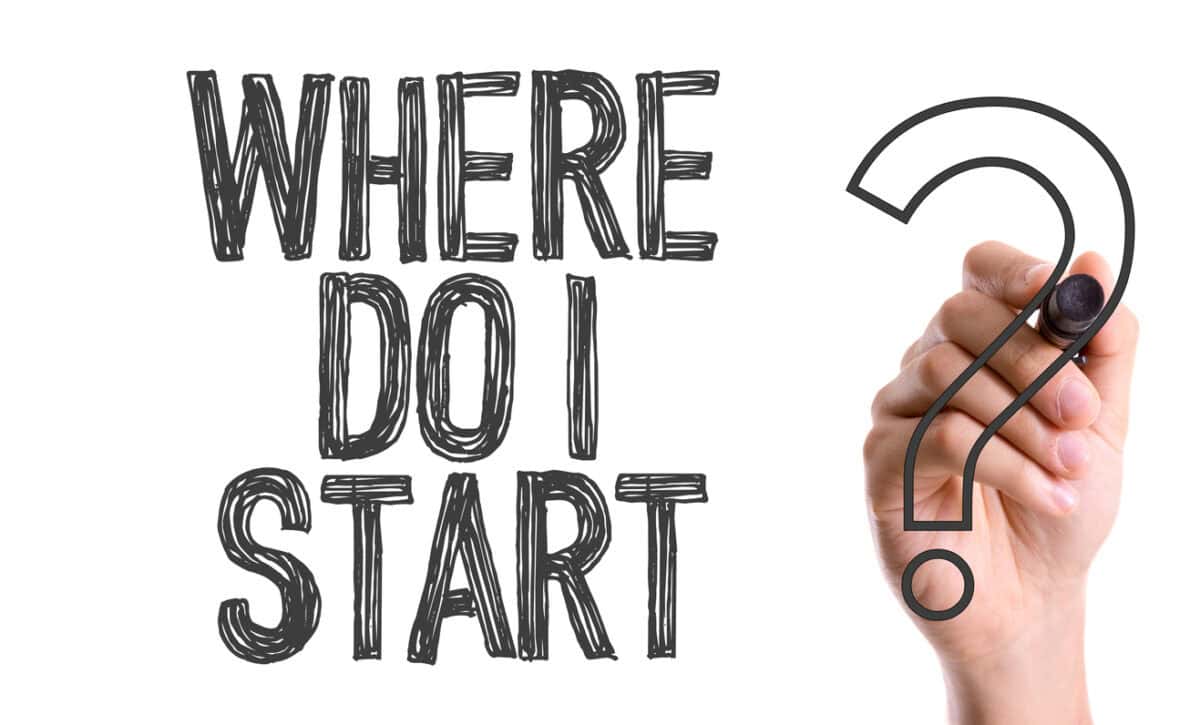Australia has learned much from its consideration of psychosocial factors that can generate psychological harm in workers over the last decade. By the end of 2025, all Australian jurisdictions will likely have re-emphasised the psychological elements of employers’ and workers’ occupational health and safety (OHS) duties. However, the legislative changes are likely to fail to improve workers’ mental health because at least one of those psychosocial factors is too confronting and uncomfortable to employers.
Category: employers
OHS breakfast seminar without WorkSafe Victoria
The latest annual occupational health and safety (OHS) breakfast seminar by the Australian Institute of Health and Safety tried a different format with mixed success. These seminars have run almost continuously at the offices of Herbert Smith Freehills for a couple of decades, and perhaps a refresh was required, but there was one noticeable absence – Victoria’s OHS regulator, WorkSafe.
Still insufficient answers to the Delacombe trench deaths
Last week, the Victorian Coroner, Leveasque Peterson, released her findings into the deaths of Charlie Howkins and Jack Brownlee from a trench collapse on a residential construction site in Delacombe in March 2018. The employer, Pipecon, pleaded guilty to occupational health and safety (OHS) law breaches and was successfully prosecuted by WorkSafe Victoria. But the guilty plea meant there was only a cursory investigation of the OHS elements of the incident.
This month’s coronial findings have come without the opportunities offered by a formal inquest. So, where are the answers? What management decisions caused the trench to collapse and lead to the deaths of Jack and Charlie? The available answers seem insufficient. What lessons can be drawn from these legal processes to stop similar incidents occurring elsewhere?
Amazon’s OHS risks and practices revealed
The political upheavals in the United States and the changes to corporate ideologies are concerning, primarily because of the potential infection of other nations. Businesses are not as globally connected as much of the media coverage implies. Still, Australian businesses watch the actions of global companies, and Amazon has been prominent in workplace and occupational health and safety (OHS) practices.
Recently, the US Senate Labor Committee released a damning report into Amazon’s high workplace injury rates, which includes important information for similar industries in local jurisdictions.
Work Health and Safety through a new perspective
2025 has started with a flurry of blog activity and more than a flurry of political change in the United States. It is easy to become distracted by those changes, but a refocus on local issues, new thoughts, perspectives, and new books may generate a balance of sanity. Here is a taste of one book that I have not had time to read entirely but that has potential.
A cheap introduction to regulatory risks
There is a curious set of self-published safety-related books by Lance Luke. They seem to feature on Amazon, so I purchased one to satisfy my curiosity. “Top Ten OSHA Violations” is a thin, low-cost book that is little more than one may see in an occupational health and safety (OHS) convention – snappy, click-bait title, minimal explanation and several case studies. This is not a book regarding any evidence beyond the extensive lived experience of the author. So what are the top 10?
Continue reading “A cheap introduction to regulatory risks”OHS advice for new businesses
It is legitimate to not know something, but choosing not to know something is inappropriate, especially about something you are meant to be knowledgeable about, like occupational health and safety (OHS). Governments rarely provide sufficient information about people’s OHS obligations when creating and building a business. Preloading a person with OHS information should reduce the likelihood of an “I didn’t know” excuse when (if?) a workplace incident occurs.
A UK labour law firm, Lewis Silkin, recently published its latest “Compliance requirements for new employers in Great Britain”, which may close the OHS knowledge gap.







